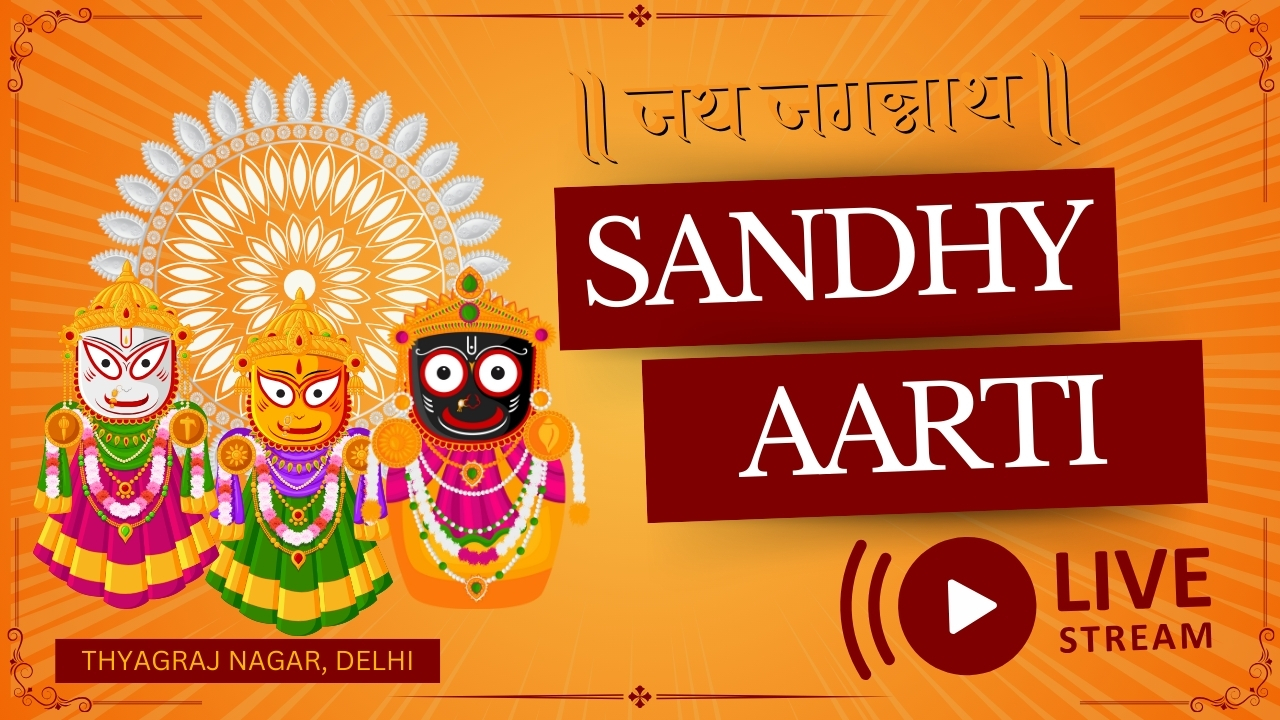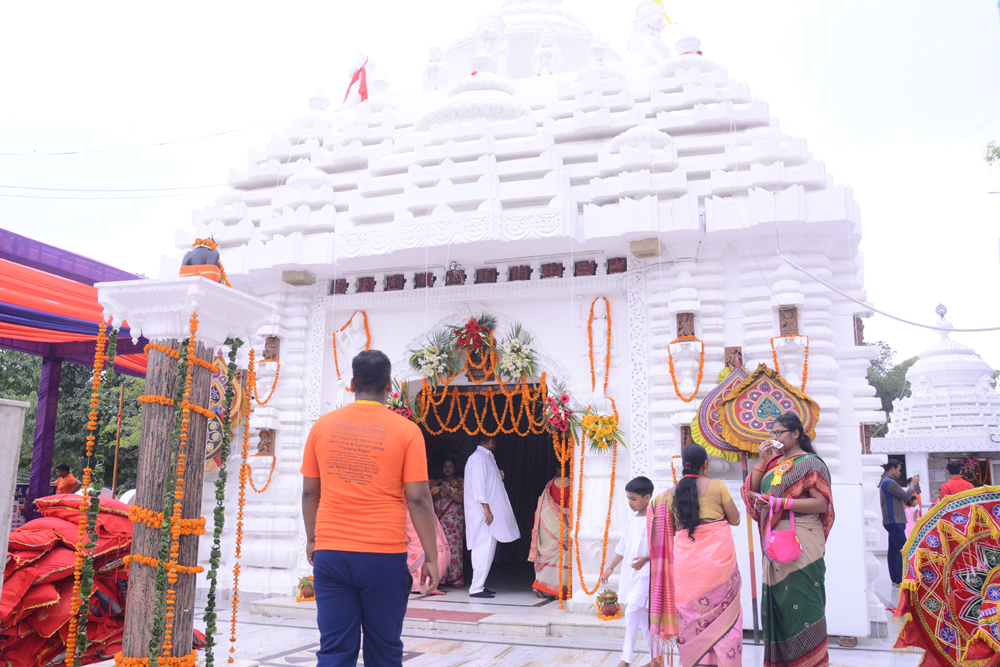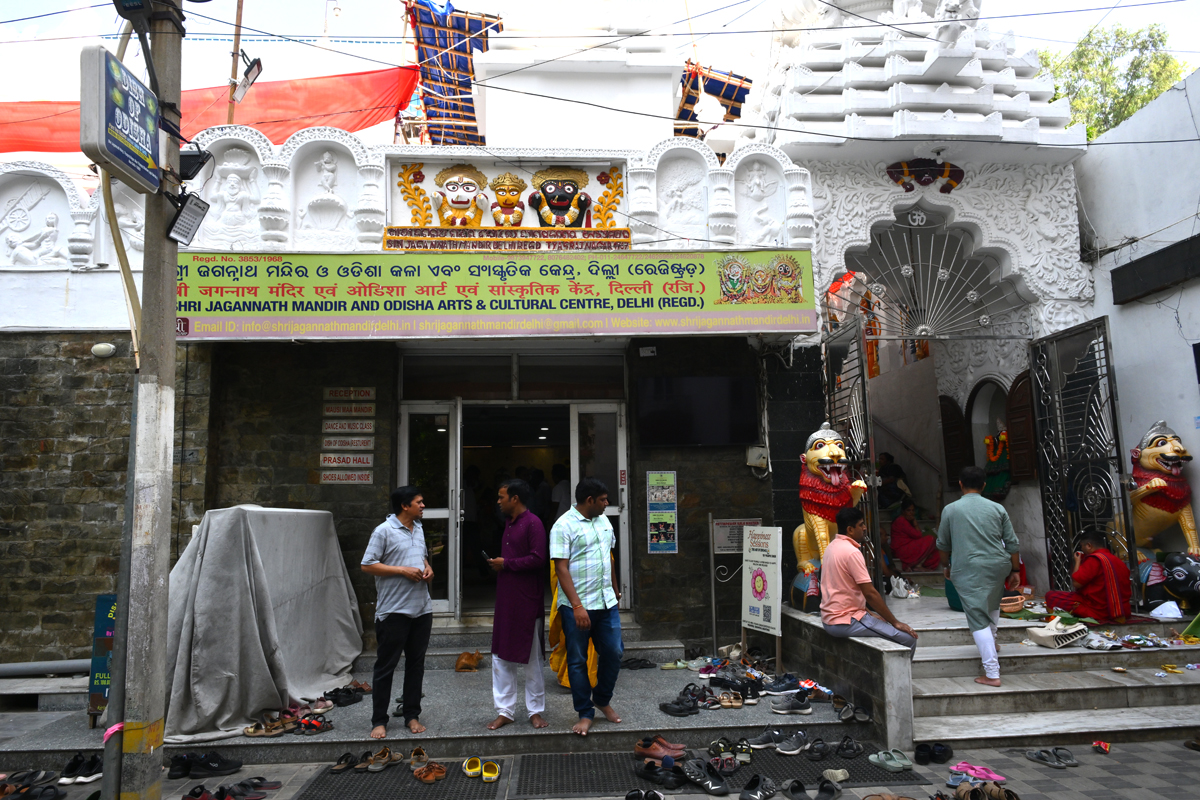June 6, 2024 12:00 am
Amavasya and Sabitri Brata: A Spiritual Observance
Amavasya, the new moon day, holds significant importance in Hindu culture and spiritual practices. It marks the darkest night of the lunar month and is considered an ideal time for performing rituals to honor ancestors, seek blessings, and engage in introspection. One of the prominent observances associated with Amavasya is Sabitri Brata, a fasting and worship ritual performed by married women for the well-being and longevity of their husbands.
Amavasya: The New Moon Day
Amavasya, occurring once every lunar month, is a day dedicated to honoring ancestors through various rituals and prayers. It is believed that on this day, the spirits of ancestors come closer to the earth, making it an auspicious time to perform ‘Pitru Tarpan’ – the offering of water, sesame seeds, and prayers to appease the departed souls. Many people also visit sacred rivers and temples to perform these rituals, seeking forgiveness and blessings from their forefathers.
Apart from ancestral worship, Amavasya is also considered an ideal time for spiritual cleansing and introspection. Fasting and meditation are common practices on this day, helping individuals to purify their minds and souls. Some devotees also perform ‘Shani Puja’ to appease Lord Shani (Saturn) and seek relief from planetary afflictions.
Sabitri Brata: The Vow of Fidelity
Sabitri Brata, also known as Savitri Vrata, is a significant observance in the states of Odisha, West Bengal, Bihar, and parts of Uttar Pradesh. It is celebrated on the Amavasya of the Jyestha month (May-June) according to the Hindu lunar calendar. This ritual is named after Savitri, a legendary figure known for her unwavering devotion and love for her husband, Satyavan.
The legend of Savitri and Satyavan is narrated in the Mahabharata. Savitri’s devotion and intelligence enabled her to bring her husband back to life from the clutches of Yama, the god of death. Inspired by her story, married women observe Sabitri Brata to pray for the long life and prosperity of their husbands.
On this day, women wake up early and take a ritualistic bath. They wear new clothes, often traditional sarees, and adorn themselves with bangles, vermilion, and other ornaments. The puja begins with the worship of the banyan tree, symbolizing the divine trinity of Brahma, Vishnu, and Shiva. Women tie threads around the tree’s trunk, offer prayers, fruits, and flowers, and read or listen to the Sabitri Brata Katha (the story of Savitri).
Fasting is an essential aspect of Sabitri Brata. Women abstain from eating and drinking until they complete the rituals in the evening. The day-long fast is observed with great dedication and is believed to bring blessings, happiness, and longevity to their marital life.
Conclusion
Amavasya and Sabitri Brata are deeply rooted in Hindu traditions, symbolizing reverence for ancestors and the power of devotion and fidelity in marital relationships. While Amavasya provides an opportunity for spiritual cleansing and ancestral worship, Sabitri Brata exemplifies the strength of a wife’s love and dedication to her husband’s well-being. These observances highlight the rich cultural heritage and the enduring values of faith, devotion, and respect in Hindu society.














